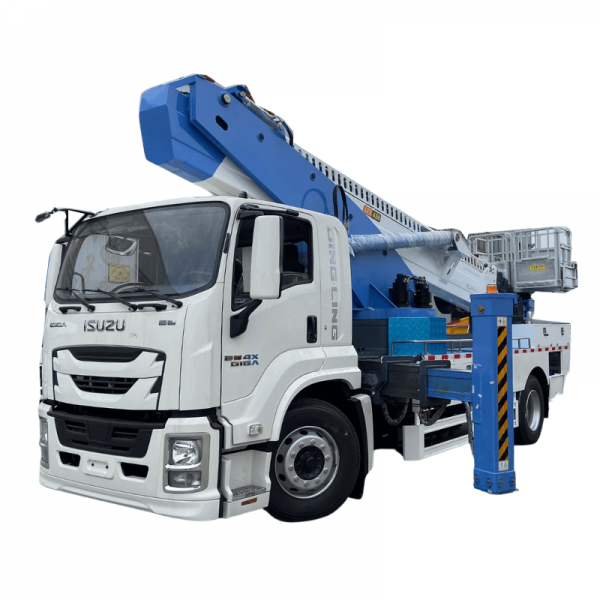Introduction:
Garbage compactor trucks play a crucial role in waste management systems around the world. These specialized vehicles are designed to collect, transport, and compact waste materials efficiently to reduce the volume of trash and make it easier to handle and dispose of. One key aspect of garbage compactor trucks that often goes unnoticed is their weight. In this comprehensive article, we will delve into the weight of garbage compactor trucks, discussing its implications, challenges, and importance in the realm of waste management.
Understanding Garbage Compactor Trucks:
Before delving into the weight aspect, it is important to understand how garbage compactor trucks function. These vehicles are equipped with a hydraulic system that compresses the collected waste, allowing them to carry larger quantities of trash in a single trip. The compaction process reduces the volume of waste, which not only maximizes the truck's capacity but also minimizes the number of trips required to transport the same amount of garbage.
Types of Garbage Compactor Trucks:
There are several types of garbage compactor trucks, each designed for specific waste management needs. The most common types include rear loader compactor trucks, front loader compactor trucks, and side loader compactor trucks. Rear loader compactor trucks are the traditional choice for residential waste collection, while front loader compactor trucks are commonly used for commercial and industrial waste. Side loader compactor trucks are ideal for areas with limited access or narrow streets.
Weight Considerations:
The weight of garbage compactor trucks is a critical factor that impacts various aspects of their operation. The weight of these vehicles is influenced by several factors, including the size and capacity of the compactor unit, the type of chassis and body used, and the materials used in construction. The weight of a garbage compactor truck can vary significantly depending on these factors, with larger trucks designed for heavy-duty waste management operations being considerably heavier than smaller models.
Challenges of Heavy Weight:
While the heavy weight of garbage compactor trucks is necessary to withstand the rigors of waste collection and compaction, it also presents several challenges. heli truck of the primary challenges is ensuring that the trucks comply with weight regulations set by transportation authorities. Overloading a garbage compactor truck not only poses safety risks but also leads to increased wear and tear on the vehicle, reducing its lifespan and efficiency.
Another challenge associated with the weight of garbage compactor trucks is the impact on roads and infrastructure. These heavy vehicles can cause damage to roads, bridges, and other infrastructure if not operated within the prescribed weight limits. Municipalities and waste management companies must take measures to mitigate these impacts, such as implementing weight restrictions on certain roads or investing in infrastructure upgrades to accommodate heavy vehicles.
Importance of Weight Management:
Effective weight management is essential to ensure the safe and efficient operation of garbage compactor trucks. Waste management companies must prioritize proper training for drivers to prevent overloading and ensure that trucks are equipped with accurate weighing systems to monitor the weight of collected waste. Regular maintenance and inspections are also crucial to identify any issues related to weight and address them promptly.
Moreover, proper weight management can help reduce fuel consumption and emissions associated with garbage compactor trucks. Overloaded vehicles consume more fuel and produce higher levels of greenhouse gas emissions, contributing to environmental pollution and climate change. By optimizing the weight of garbage compactor trucks, waste management companies can minimize their carbon footprint and promote sustainable waste management practices.
Conclusion:

In conclusion, the weight of garbage compactor trucks is a significant aspect that influences their operation, efficiency, and impact on the environment. Managing the weight of these vehicles effectively is crucial to ensure their safe operation, compliance with regulations, and minimal environmental footprint. By understanding the challenges and importance of weight management, waste management companies can optimize the performance of garbage compactor trucks and contribute to a cleaner and healthier environment.
